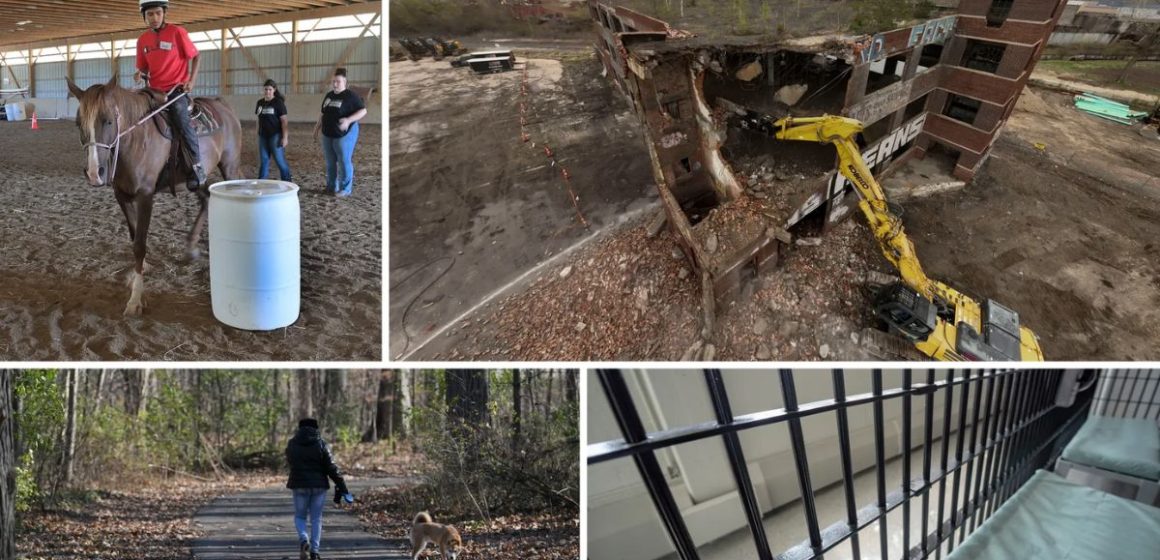Metro Detroit received a massive influx of federal aid during the COVID-19 pandemic, with $1.5 billion allocated to support the region’s recovery. This funding, part of a nationwide effort to stabilize communities, addressed critical areas such as public health, economic relief, and infrastructure development. Here’s how the money was distributed and its impact on Metro Detroit.
Public Health and Safety
A significant portion of the funding was directed toward bolstering public health. Over $400 million was allocated to hospitals, clinics, and health departments for vaccine distribution, COVID-19 testing, and personal protective equipment (PPE). This funding also supported efforts to expand ICU capacity, establish temporary treatment facilities, and provide hazard pay for frontline workers.
The Detroit Health Department received a substantial grant to hire additional staff, launch health awareness campaigns, and improve data systems for tracking infection rates. The investment helped Metro Detroit become a leader in vaccination rates compared to other urban areas in Michigan.
Economic Relief for Businesses and Workers
Small businesses and workers were hit hard by the pandemic, and $500 million of the federal aid was funneled into economic relief programs. Grants and loans were offered to local businesses through initiatives such as the Small Business Restart Program, helping thousands of establishments stay afloat during prolonged shutdowns.
Unemployment benefits saw a significant boost, with expanded eligibility and supplemental payments supporting workers who lost their jobs. Federal aid also provided funding for rental and utility assistance programs, ensuring struggling families could keep a roof over their heads.
Education and Childcare
The pandemic disrupted education at all levels, prompting $200 million in funding for schools and childcare centers in Metro Detroit. Public school districts used the aid to implement remote learning tools, upgrade ventilation systems, and provide free meals to students.
Childcare providers benefited from grants aimed at stabilizing operations and offering reduced fees to families. This investment was crucial in supporting working parents and preventing the closure of childcare centers.
Housing and Homelessness Assistance
Housing stability emerged as a priority, with $150 million allocated to rental assistance programs and homelessness prevention efforts. Landlords and tenants were offered financial support to cover unpaid rent, while shelters and housing nonprofits received funding to expand services.
The city of Detroit used part of this funding to launch a permanent supportive housing program for individuals experiencing chronic homelessness, providing both shelter and access to mental health and substance abuse services.
Infrastructure and Community Development
Roughly $250 million was invested in infrastructure projects to improve Metro Detroit’s resilience to future crises. These projects included upgrading water systems, modernizing public transit, and expanding broadband access to underserved areas.
Community organizations received grants to support food banks, mental health services, and domestic violence shelters, addressing critical social needs that surged during the pandemic.
Long-Term Impact
The $1.5 billion in federal aid played a vital role in stabilizing Metro Detroit during an unprecedented crisis. While challenges remain, local leaders highlight the funding’s impact on preventing deeper economic collapse, improving public health outcomes, and laying the groundwork for a stronger recovery.
As Detroit continues to rebuild, the lessons learned from deploying this aid will shape future investments in resilience and community development, ensuring the city is better prepared for whatever comes next.



Leave a Reply